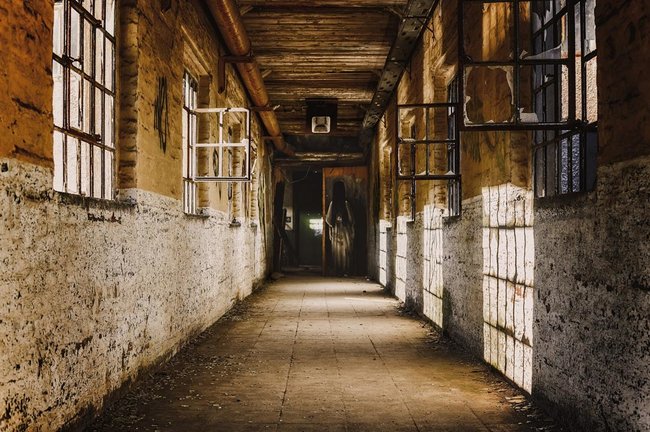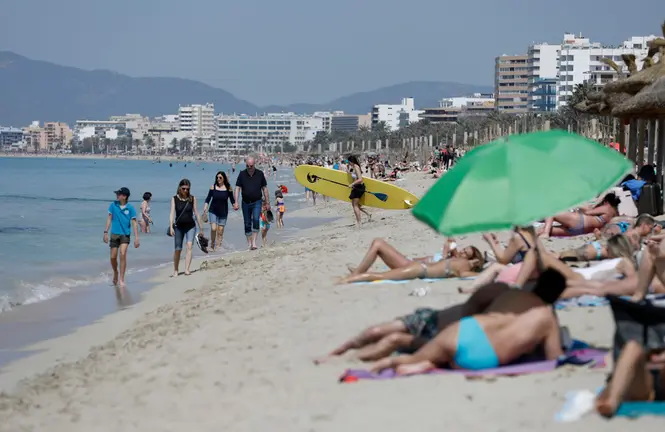The city of Oulu, in the northern west coast of Finland, has been selected as European Capital of Culture for 2026, the Ministry of Education and Culture said in a press release.
Oulu has won the competition over other two Finnish cities, Tampere and Savonlinna.
The selection is recommended by a European panel composed of nine independent experts in the field of arts and culture. Having visited the candidate cities, the panel announced its recommendation at the end of its two-day meeting in Helsinki on Wednesday 2 June.
The concept of the European Capital of Culture project of the City of Oulu and the municipalities in Northern Finland is ‘Cultural Climate Change’, which is about reconnecting with the world and creating new kinds of togetherness. The project’s main goals are to inject new energy into the region by means of arts and culture and to meet cross-border demands through cooperation.
Oulu’s new cultural strategy is built around three themes: Wild City, Cool Contrasts and Brave Hinterland. It emphasises social, cultural, economic and ecological sustainability.
Three Finnish cities, Oulu, Savonlinna and Tampere, bid to be nominated as Finland’s candidate for the European Capital of Culture for 2026. After a pre-selection process last summer, the three cities were shortlisted for the final selection
Minister of Science and Culture Antti Kurvinen said in his speech that he hopes that each of the candidate cities make use of all the good work they have already done and continue to develop their cultural life in innovative and sustainable ways.
“The European Capital of Culture event is a unique opportunity to create new kinds of arts and culture, boost operating conditions and encourage people to participate in and experience arts and culture together. It is a year-long cultural programme by which the selected city showcases its arts and culture for Finnish and European audiences,” says Minister Kurvinen.
Third Finnish city
Another 2026 European Capital of Culture will be selected from Slovakia.
European Capitals of Culture have been designated since 1985. Finland’s two earlier European Capitals of Culture were Helsinki in 2000 and Turku in 2011.
The European Capital of Culture event aims to highlight the diversity of cultures in Europe, to boost cultural exchange and to increase European citizens’ sense of belonging to a common cultural area. In addition, it fosters the contribution of culture to the development of cities.
The European Commission funds the event by awarding the selected city the Melina Mercouri Prize in 2026. The main sources of funding for the event are the central government, local governments and many partners of the city.












